SanBernardino
Latest

FBI admits to 'over-counting' inaccessible mobile devices
For the last two years, the FBI has repeatedly claimed that thousands of phones linked to criminal investigations were inaccessible due to locks and encryption. Last year FBI Director Christopher Wray said it had failed to access 7,800 mobile devices, but tonight a Washington Post report reveals that number is incorrect. According to the Post, the accurate number is between 1,000 and 2,000, with a recent internal estimate putting at about 1,200 devices, and in a statement, the FBI responded: "The FBI's initial assessment is that programming errors resulted in significant over-counting of mobile devices reported." The official excuse is that errors caused by multiple databases resulted in devices being counted more than once, but the issue has been an FBI and DOJ pursuit of backdoor access to locked phones. Then-director James Comey cited the inflated figure during a debate over the San Bernardino shooters' locked iPhone, and it has come up again in relation to similar incidents. Without being provided any backdoor by Apple, law enforcement gained access to that device anyway, and as we've recently learned, there are tools it can use for newer phones. The government has repeatedly referred to "Going Dark" as a major problem it faces in investigations, suggesting tech companies are enabling criminals by strengthening privacy protections that they can't get around. But privacy advocates have long thought the agency was pumping up its numbers, and now it's case has taken a significant hit.

DOJ: FBI prematurely took Apple to court over San Bernardino iPhone
In 2016, the debate over whether manufacturers should aid law enforcement officials in unlocking criminals' phones became very heated as the FBI took Apple to court over its refusal to unlock the San Bernardino shooter's iPhone. At the time, the agency said Apple was its only shot at getting access to whatever was stored on Syed Farook's iPhone 5c but it later used an outside vendor to crack the phone and get to its data. Now, the Justice Department's Office of the Inspector General has released a report that says the FBI didn't do everything it could to find a solution before seeking a court order against Apple.

FBI tried and failed to unlock 7,000 encrypted devices
In an 11-month period, the FBI failed to gain access to around 7,000 encrypted mobile devices, BBC News reports, which is about half of those targeted by the agency according to FBI Director Christopher Wray. In a speech given at the Association of Chiefs of Police conference yesterday, he said that device encryption was "a huge, huge problem," for the agency.
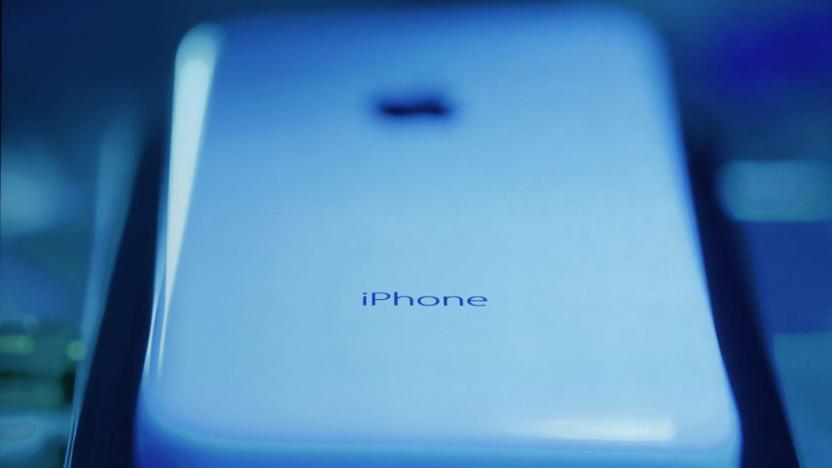
FBI won't be forced to reveal San Bernardino iPhone hacking tool
The Associated Press, USA Today and Vice News have failed in their attempt to reveal the hacking tool the FBI used to access San Bernardino terrorist Syed Farook's iPhone. Judge Tanya Chutkan denied their request in a summary judgment ruling issued late on September 30th, arguing that the risks involved in naming the vendor (and thus the tool) or the price paid are too serious to honor a Freedom of Information Act request. It would make the company a target for retaliatory hacks and exploits that it likely couldn't withstand, Judge Chutkan said, while the price would tell "adversaries" how readily the FBI can use the tool in the future.
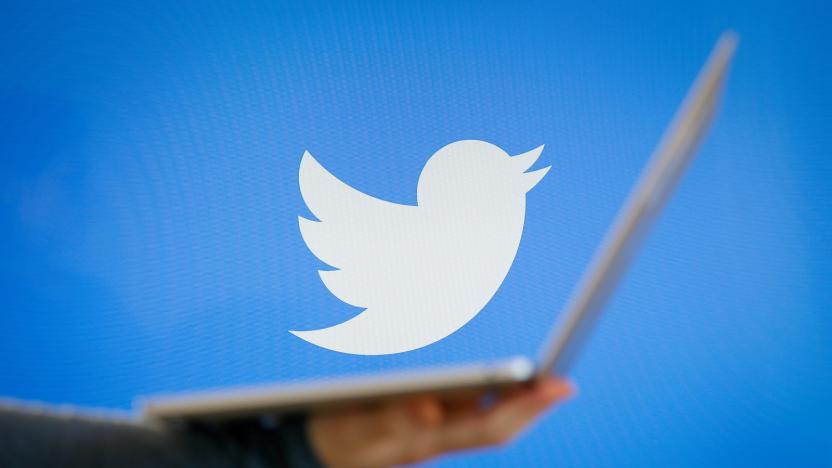
Twitter suspended over 935,000 terror-related accounts since 2015
In a blog post today about its twice yearly Transparency Report, Twitter outlined some numbers regarding its actions against accounts linked to terrorism. Those include accounts that "actively incite or promote violence associated with internationally recognized terrorist organizations, promote internationally recognized terrorist organizations, and accounts attempting to evade prior enforcement."
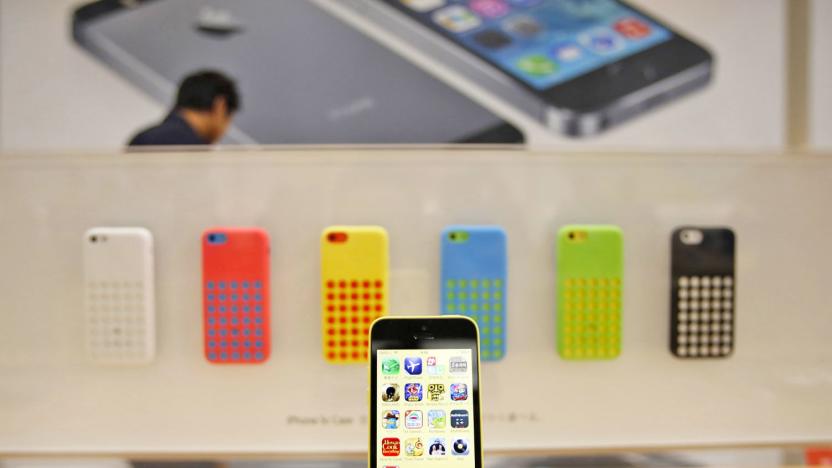
Senator confirms FBI paid $900,000 to unlock San Bernardino iPhone
In early 2016, Apple was embroiled in a battle with the FBI over privacy, specifically whether it could (or would) crack an iPhone 5C following the San Bernardino terrorist attack. Apple refused to specifically create a backdoor piece of software that would circumvent the security protections built into iOS, citing concerns for the privacy of the other millions of people out there using iPhones and iPads. Ultimately, it became a moot point: the FBI purchased software to crack the iPhone in question. The agency refused to say how much it spent, but now Senator Dianne Feinstein has revealed that it cost $900,000 to break into the shooter's phone.

Soon cops will search your phone just like your car
Imagine a routine traffic stop during which the officer has the legal right to search not just your car, but your phone too. That's where we're likely headed: A Florida court recently denied Fifth Amendment protections for iPhone passcodes, saying suspects must now reveal them to police. The decision came after a previous court had ruled that a suspect couldn't be compelled to give up the key to unlock his phone based on laws against self-incrimination.
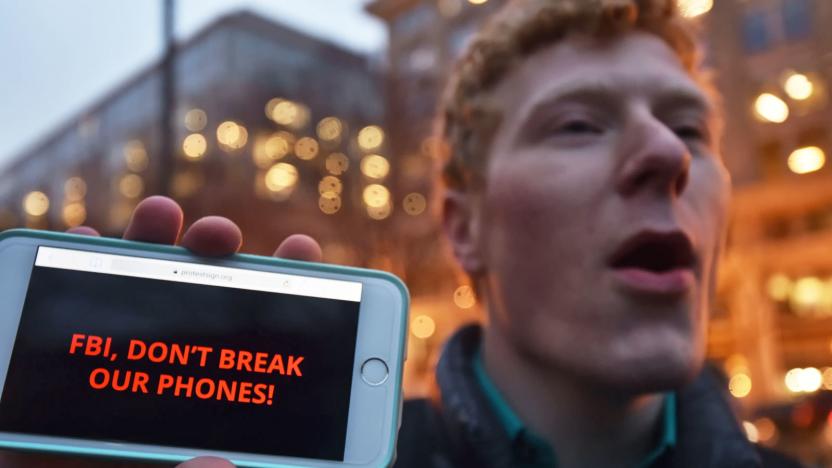
AP and Vice sue FBI for San Bernardino iPhone hack info
The Associated Press and the Gannett Satellite Information Network, parent company to USA Today and Vice Media, filed suit against the FBI in federal court on Friday demanding information on how the bureau broke into the San Bernardino shooter's iPhone. The news organizations are leveraging the Freedom of Information Act in their lawsuit, arguing that the FBI has no expectation to privacy regarding the methods used to crack the shooter's phone encryption and that those methods should be disclosed to the public.

The FBI missed a trick to hack the San Bernardino iPhone
The FBI told Congress it couldn't hack the San Bernardino shooter's phone without Apple's aid, but a researcher has proved that claim was inaccurate. "The process does not require any expensive and sophisticated equipment," wrote University of Cambridge researcher Sergei Skorobogatov. "All needed parts are low cost and were obtained from local electronics distributors."

Tim Cook: 'Apple could unlock iPhones, but won't'
To celebrate both Tim Cook's fifth year at the helm of Apple and the production of the billionth iPhone, the chief has sat down with the Washington Post. It's very much a goodwill piece, although there are a few insights into both Cook and Apple that the CEO lets slip along the way. For instance, on the subject of the San Bernardino iPhone, the company did spend a long time working out if they could unlock it. After deciding that it was possible, but that it'd be extremely difficult to stop the exploit being shared, Cook refused to do it. As he explains, "the risk of what happens if it got out, we felt, could be incredibly terrible for public safety."
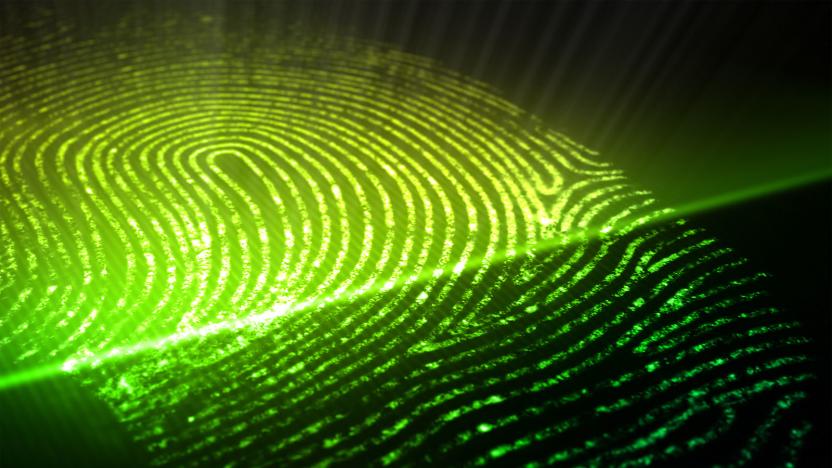
How Armenian gangsters blew up the fingerprint-password debate
Paytsar Bkhchadzhyan is a woman with a colorful past and a bummer of a present. She arrived this week in news stories with a string of criminal convictions and gained notoriety for pleading "no contest" to felony identity theft early this year. Her iPhone was seized from the home of her boyfriend, one Sevak Mesrobian, a member of Los Angeles-based gang Armenian Power. Her fingerprint then began its long journey to giving civil-liberties fetishists a new storyboard for their "bad touch" role-play scenes.

The FBI won't say how its iPhone hack works
The Wall Street Journal reports that the FBI has declined to share details with Apple regarding the method with which it broke into the infamous San Bernardino iPhone -- namely because it doesn't really know how it was done either. The FBI and Apple have been publicly battling over this phone for months now, after the federal agency sought a court order (while leveraging a 227-year-old statute to do so) that would have compelled Apple to unlock the San Bernardino shooter's work phone.

The After Math: Well, pay the man
This was not a good week for the major corporations of the world. Volkswagen's diesel scandal has curbstomped its bottom line, Uber paid buku bucks to settle a pair of class-action lawsuits, Apple threw a bunch of money at a patent troll to make it go away (but only for three years) and, I swear, the FBI might as well use the money it spent opening the San Bernardino iPhone to start dumpster fires, they're burning through cash so fast. Here's who paid what and why, by the numbers.

FBI can't tell Apple how it unlocked the San Bernardino iPhone
The feds might never let Apple in on the secret of the technique they used to unlock the San Bernardino shooter's iPhone 5c. According to Reuters, the hackers who discovered the flaw that led to the FBI's iPhone-cracking tool have the sole legal ownership of the method. Agents might not even know what the vulnerability is or how its resulting hardware works exactly. If you'll recall, a recent Washington Post report revealed that the feds got help from a group of hackers -- from outside the US, Reuters' sources said -- with a history of selling software vulnerabilities to the US government. They were paid a flat fee for the flaw they brought the FBI and the tool they developed.

Feds' iPhone-cracking tool takes advantage of a security flaw
The FBI didn't commission an Israeli firm to unlock the San Bernardino shooter's iPhone 5c like previous reports said. According to The Washington Post, the agency cracked the iPhone's security system with help from a group of professional hackers who actively hunt for software vulnerabilities to sell, sometimes to the US government. The piece, which sheds light on the methods the FBI used, says the group presented the bureau with a previously unknown flaw in either the iPhone 5c or iOS 9. It was then used to create the tool the feds needed.

FBI bought 'a tool' to crack the San Bernardino iPhone
Last week, the US Justice Department dropped its encryption case against Apple thanks to a helping hand from a "third party." With some help, the government said it was able to access the contents of San Bernardino shooter Syed Rizwan Farook's iPhone 5C, and this week FBI director James Comey provided a few more details. It turns out the US government bought what Comey refers to as "a tool" from that unnamed third party to do the hacking. Comey didn't give any indication as to whether or not the method existed already or if it was constructed after the legal battle began.
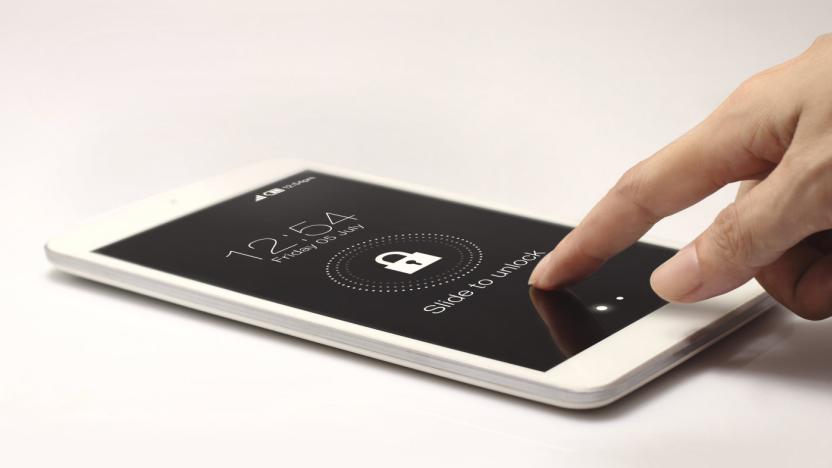
Reuters: White House refuses to openly back encryption law
The White House is apparently refusing to publicly back a law that would force tech companies to comply with decryption requests. Reuters has spoken to anonymous sources inside the administration that claim there are deep divisions on the issue of violating individual privacy. The new bill has been pushed by senators Richard Burr and Dianne Feinstein in the wake of the San Bernardino iPhone case. The legislation is designed to give judges the power to compel firms like Apple and WhatsApp to comply with requests to decrypt secure software.

Apple's encryption battle with the FBI is over, for now
The Department of Justice has dropped its case against Apple. After over a month of court motions, congressional hearings and public fights over circumventing the security of the iPhone 5C used by San Bernardino shooter Syed Rizwan Farook, the government has decided it doesn't need Apple after all. Instead, the third party brought in to break Apple's encryption has been successful according to court documents.

Apple wants to know how the FBI will hack its phone
This afternoon the Department of Justice asked the courts to vacate tomorrow's hearing concerning the iPhone 5C in the custody of the FBI. The government had asked for Apple to help it circumvent the phone's security. But at the last minute, stated that it had found another party to help it get what it wants out the of phone. Apple would like to know who that is and what they plan to do with the phone.

FBI backs off Apple, finds another way into iPhone 5c
The Department of Justice just asked the courts to vacate tomorrow's hearing with Apple concerning the iPhone of San Bernardino shooter Syed Rizwan Farook. Apparently, the FBI will use alternative methods to get into the locked phone without Apple's help.










